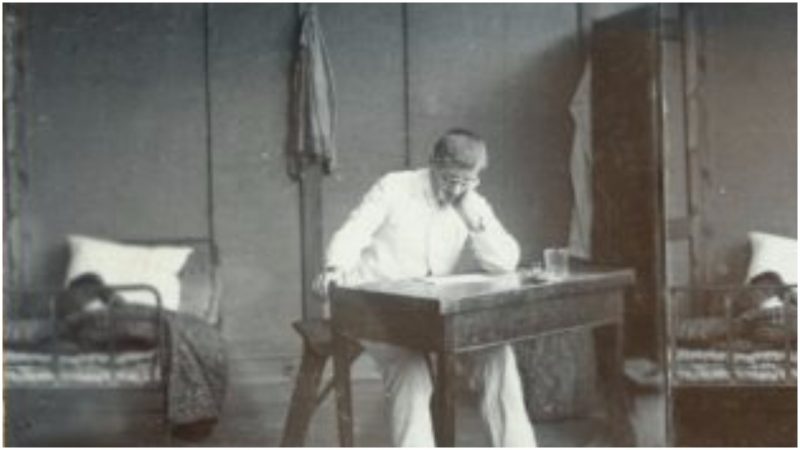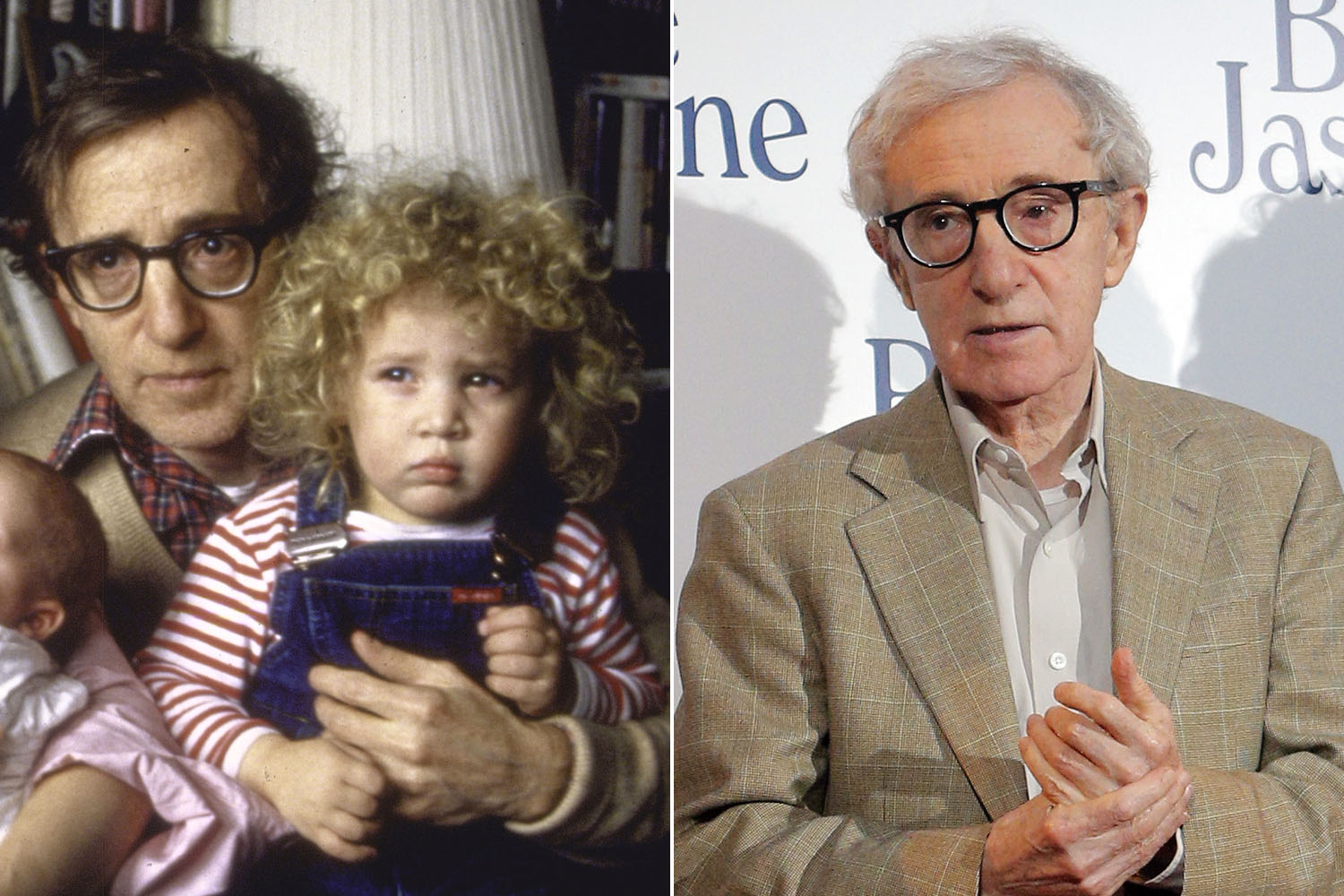130 Years After The Dreyfus Affair: A Push For Recognition

Table of Contents
The Dreyfus Affair: A Brief Overview
The Dreyfus Affair, a watershed moment in French history, unfolded between 1894 and 1906. It began with the false accusation of treason against Captain Alfred Dreyfus, a Jewish officer in the French Army. Accused of leaking military secrets to the Germans, Dreyfus was subjected to a deeply flawed military trial, convicted based on flimsy evidence and rampant antisemitism, and subsequently sentenced to life imprisonment on Devil's Island. Key figures in this drama include Alfred Dreyfus himself, his brother Mathieu Dreyfus, who tirelessly fought for his brother's exoneration, and Émile Zola, whose courageous "J'accuse" open letter exposed the blatant injustice and fueled public outrage.
- False accusation of treason: The initial accusations were based on forged documents and a prejudiced interpretation of handwriting analysis.
- Secret military documents: The supposed evidence was manipulated and presented selectively to ensure a guilty verdict.
- Zola's "J'accuse" open letter: This powerful open letter, published in L'Aurore, directly accused the French army of framing Dreyfus and ignited a national debate.
- Years of wrongful imprisonment and exile: Dreyfus endured years of isolation and suffering on Devil's Island before the truth began to emerge.
- Public outcry and eventual exoneration: Thanks to the tireless efforts of Dreyfus' supporters and the growing public awareness of the injustice, a retrial was eventually granted, leading to his exoneration and reinstatement into the army.
The affair highlighted the deeply ingrained antisemitism within the French military and broader society, revealing a system that readily sacrificed truth and justice to appease prejudiced sentiments.
The Enduring Legacy of Antisemitism
The Dreyfus Affair's legacy extends far beyond its immediate aftermath. It serves as a chilling example of how antisemitic prejudice can permeate even the highest echelons of power, leading to gross miscarriages of justice. The affair exposed the fragility of democratic institutions when confronted with powerful currents of intolerance and highlighted the dangers of unchecked nationalism. The pervasive antisemitic attitudes within French institutions revealed by the Dreyfus Affair were not unique to France; similar prejudices fueled antisemitic movements across Europe, ultimately contributing to the horrors of the Holocaust.
- Rise of antisemitic movements in Europe: The Affair demonstrated the fertile ground for antisemitism that existed throughout Europe.
- The affair as a warning sign of rising extremism: It served as a stark warning of the dangers of unchecked nationalism and scapegoating.
- The ongoing fight against antisemitism today: The legacy of the Dreyfus Affair underscores the ongoing need to combat antisemitism and all forms of prejudice.
- Modern parallels and lessons learned: The manipulation of information, the silencing of dissent, and the abuse of power remain relevant issues in contemporary society.
The Push for Recognition and Reconciliation
Despite the eventual exoneration of Alfred Dreyfus, the full impact of the affair continues to be addressed. Efforts to fully acknowledge and commemorate this critical event are ongoing. These efforts seek not only to remember the injustice but also to promote education and understanding to prevent similar occurrences.
- Museums and exhibitions dedicated to the Dreyfus Affair: Several museums and exhibitions across France and internationally dedicate space to this historical event.
- Educational programs promoting understanding of the event: Schools and universities increasingly incorporate the Dreyfus Affair into their curricula.
- Calls for official apologies or reparations: There are ongoing discussions about the need for formal acknowledgement of the state’s role in the injustice.
- Ongoing scholarly research and publications: Historians and scholars continue to research and analyze the Affair, shedding new light on its complexities.
The Importance of Remembering the Dreyfus Affair Today
The Dreyfus Affair remains deeply relevant in the 21st century. Its lessons transcend national boundaries and historical context. It offers vital insights into the enduring struggle for social justice, equality, and the fight against prejudice in all its forms. The manipulation of information and the power of propaganda, so evident in the Dreyfus Affair, resonate strongly with contemporary challenges related to misinformation and the spread of biased narratives.
- Relevance to current debates on human rights: The case serves as a constant reminder of the importance of upholding human rights and due process.
- Importance of fighting against misinformation: The Dreyfus Affair highlights the dangers of believing unchecked narratives and the power of critical thinking.
- The need for critical analysis of power structures: Understanding how power structures can perpetuate injustice is crucial in preventing similar events.
- Promoting tolerance and understanding: The Affair serves as a powerful tool for promoting tolerance and understanding between different groups.
Conclusion:
The Dreyfus Affair, 130 years later, remains a potent symbol of the dangers of unchecked prejudice, injustice, and the abuse of power. While the official exoneration of Alfred Dreyfus marked a crucial victory, the fight for complete recognition of the affair’s impact and a lasting commitment to combating antisemitism continues. The lessons learned from the Dreyfus Affair are timeless and crucial in the ongoing battle for social justice and equality. Let us continue to learn from this pivotal moment in history and strengthen our resolve to prevent similar injustices from occurring. By remembering the Dreyfus Affair, we can actively fight against intolerance and build a more just and equitable world. Continue to explore the resources available to deepen your understanding of the Dreyfus Affair and its enduring significance.

Featured Posts
-
 Sejarah Porsche 356 Evolusi Di Pabrik Zuffenhausen Jerman
May 24, 2025
Sejarah Porsche 356 Evolusi Di Pabrik Zuffenhausen Jerman
May 24, 2025 -
 Memorial Day Poster Contest Hawaii Keiki Celebrate With Lei Making Art
May 24, 2025
Memorial Day Poster Contest Hawaii Keiki Celebrate With Lei Making Art
May 24, 2025 -
 Konchita Vurst Prognoz Pobediteley Evrovideniya 2025
May 24, 2025
Konchita Vurst Prognoz Pobediteley Evrovideniya 2025
May 24, 2025 -
 10 Fastest Stock Ferraris Official Track Data Analysis
May 24, 2025
10 Fastest Stock Ferraris Official Track Data Analysis
May 24, 2025 -
 The Kyle Walker Annie Kilner Situation A Detailed Explanation
May 24, 2025
The Kyle Walker Annie Kilner Situation A Detailed Explanation
May 24, 2025
Latest Posts
-
 Hollywood Star Sean Penn Makes Bombshell Claims Leaving Fans Horrified
May 24, 2025
Hollywood Star Sean Penn Makes Bombshell Claims Leaving Fans Horrified
May 24, 2025 -
 The Sean Penn Woody Allen Dylan Farrow Controversy A Closer Look
May 24, 2025
The Sean Penn Woody Allen Dylan Farrow Controversy A Closer Look
May 24, 2025 -
 Woody Allen Sexual Assault Allegations Sean Penn Expresses Doubts
May 24, 2025
Woody Allen Sexual Assault Allegations Sean Penn Expresses Doubts
May 24, 2025 -
 Sean Penn Challenges Dylan Farrows Accusations Against Woody Allen
May 24, 2025
Sean Penn Challenges Dylan Farrows Accusations Against Woody Allen
May 24, 2025 -
 Sean Penns Response To Dylan Farrows Sexual Assault Allegations Against Woody Allen
May 24, 2025
Sean Penns Response To Dylan Farrows Sexual Assault Allegations Against Woody Allen
May 24, 2025
